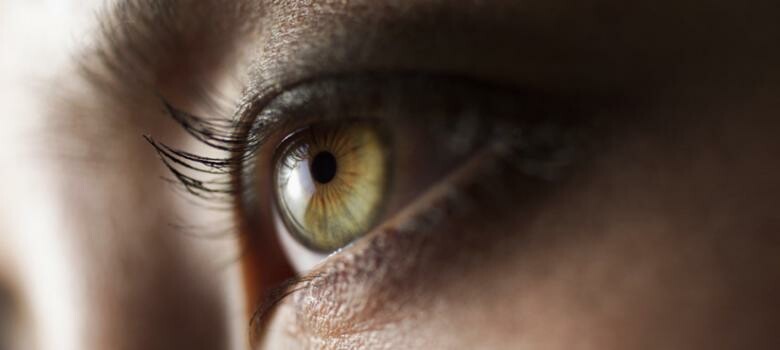Duke Health Blog
Eye Care
Read how Duke ophthalmologists use innovative therapies to treat adults and children with mild to severe eye conditions.

Duke Glaucoma Research Leads to Vision-Saving Treatment
For years, glaucoma was robbing Josie Paige’s vision despite two surgeries to halt her rising eye pressure. In February 2025, Duke Health glaucoma specialist L ...

Surgery for Detached Retina Restores Vision for Tennessee Man
In October 2024, severe changes in vision sent Don Johnson, 70, to the Duke Eye Center, where he was diagnosed with a detached retina. Following a surgical pro ...

Greensboro Newborn Sees With Specialty Contact Lenses
Emilia Cruz-Garcia was diagnosed with congenital cataracts weeks after she was born, and surgery successfully removed them. But her parents weren’t happy with ...

LASIK Restores Distance Vision for Raleigh Woman
Georgia Spence wore contacts for more than a decade. After LASIK surgery at the Duke Eye Center, her vision is better than perfect, and she no longer has to de ...

Gene Therapy Halts Vision Loss from Retinitis Pigmentosa
Tyler Wilfong was born with retinitis pigmentosa (RP), a rare collection of inherited eye diseases that slowly robbed his vision. Last year, he went to the Duk ...

Is Myopia Management Right for Your Child?
Myopia -- or nearsightedness -- used to mean thick glasses, contact lenses, and progressively worsening vision. But that may be changing. Duke Health pediatric ...

Choose the Right Artificial Lens for Your Cataract Surgery
Cataract surgery involves removing a clouded lens and replacing it with an artificial intraocular lens (also called an IOL) to improve your vision. However, no ...

LASIK: What You Need to Know
Chances are, you know someone who has had LASIK surgery, or you may have considered the procedure yourself. Despite the allure of ditching daily eyewear, the d ...

View the Eclipse Safely with These Expert Tips
As excitement about the April 8 solar eclipse builds, it’s important to know how to safely view the event and understand how even everyday exposure to the sun ...

When to See Your Doctor for Dry Eye
Dry eye -- also called dry eye syndrome or dry eye disease -- is a common condition that occurs when your eyes do not make enough tears or produce tears that e ...

Cancer-Free and Seeing Clearly After Eye Cancer Surgery at Duke Health
Less than three years ago, Daryl Johnson was diagnosed with eye cancer that threatened not just his eyesight, but potentially his life. Thanks to the expertise ...

Flashing Lights in the Eye: When to See a Doctor
Seeing occasional flashing lights in your eyes usually isn’t an issue. But repeated flashes in the forms of bright spots, streaks of lightening, or shooting st ...